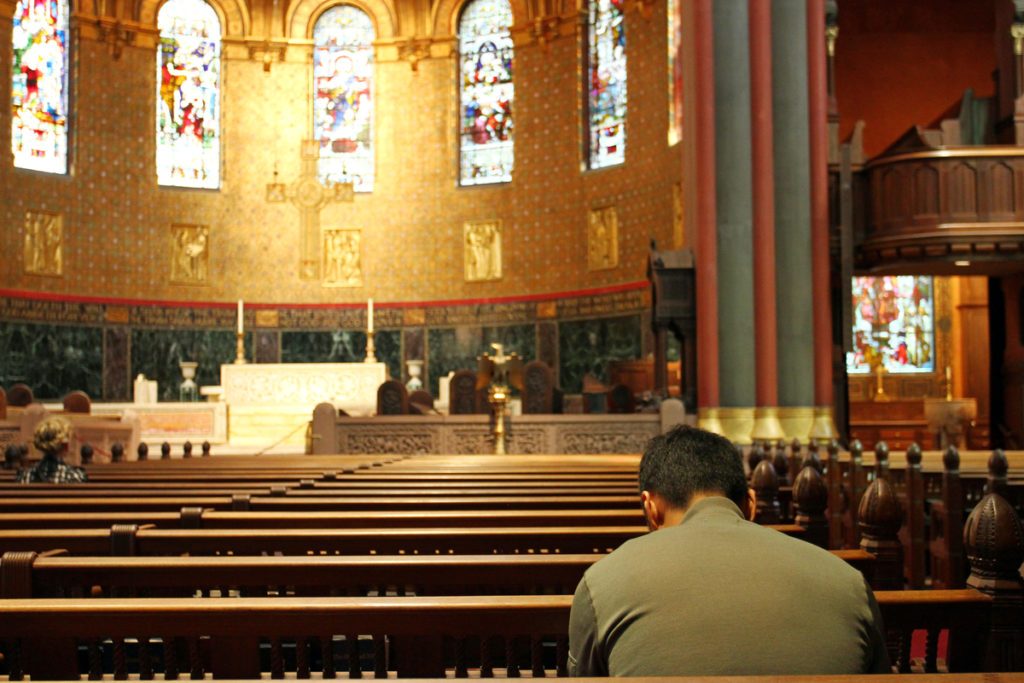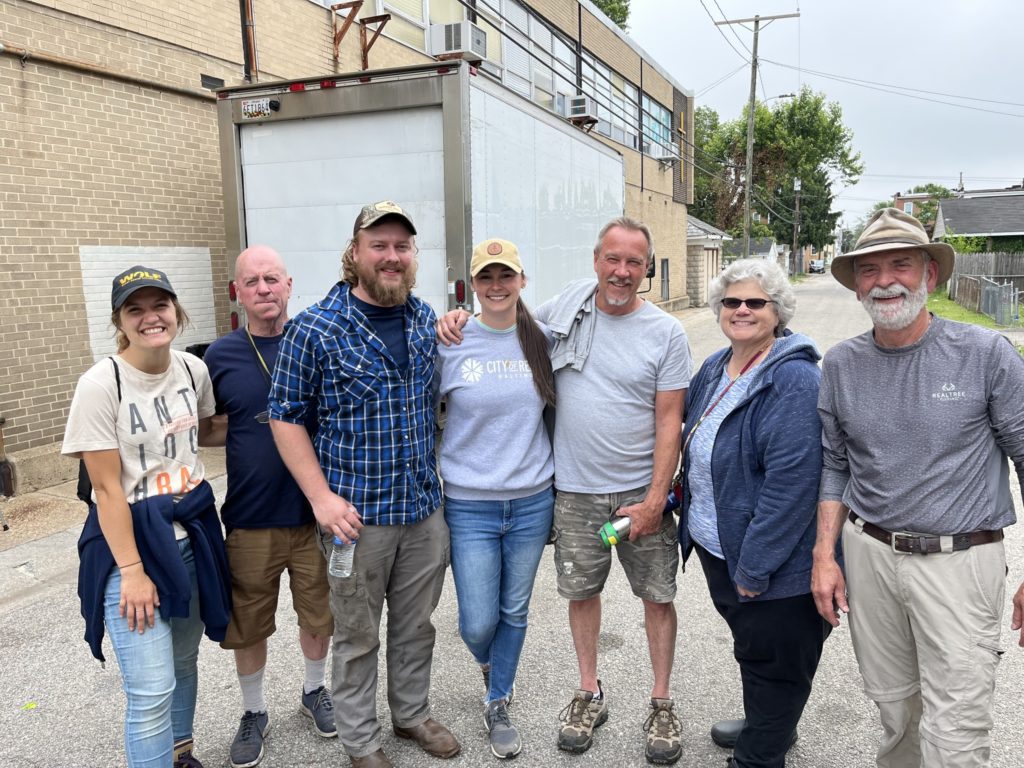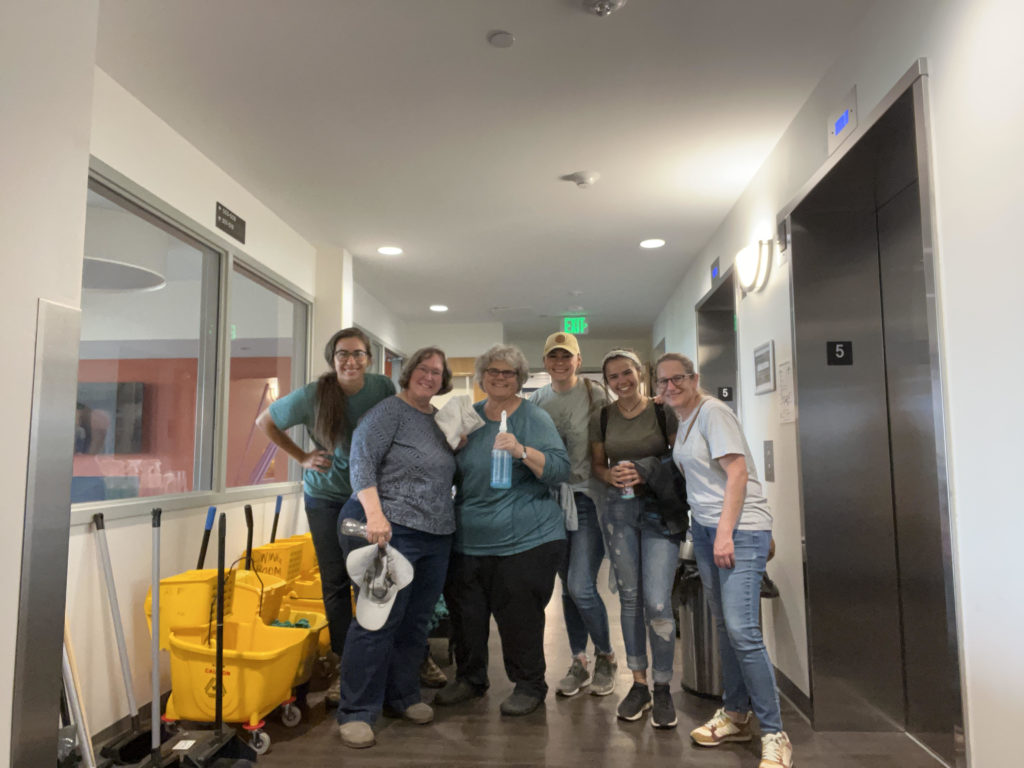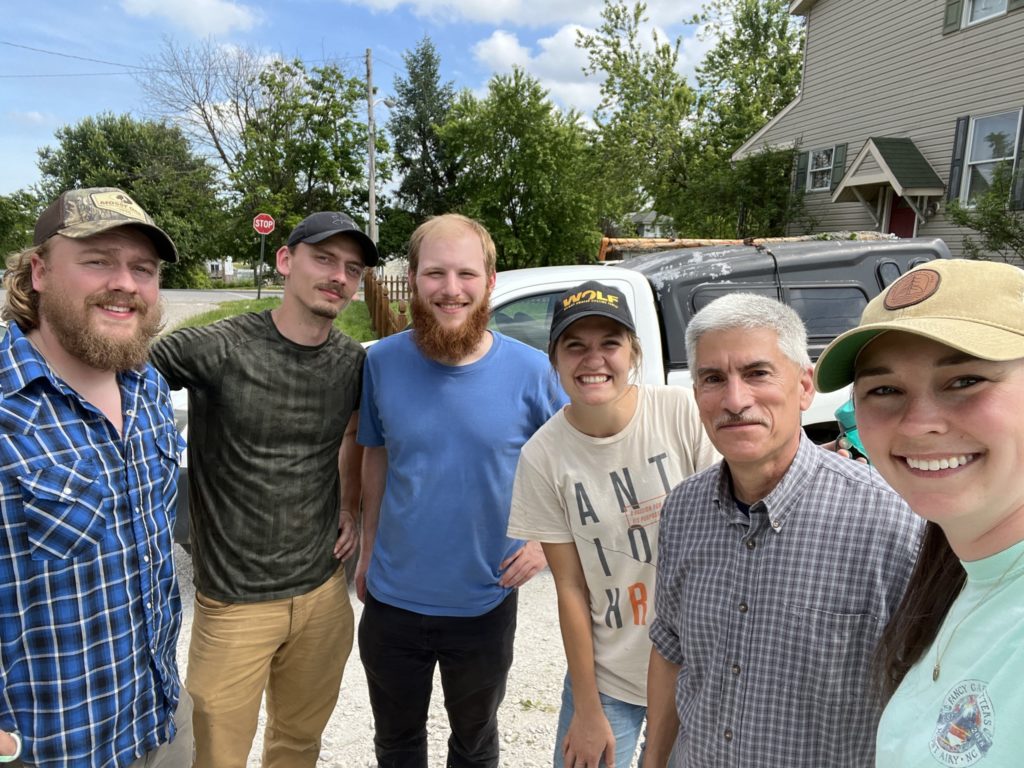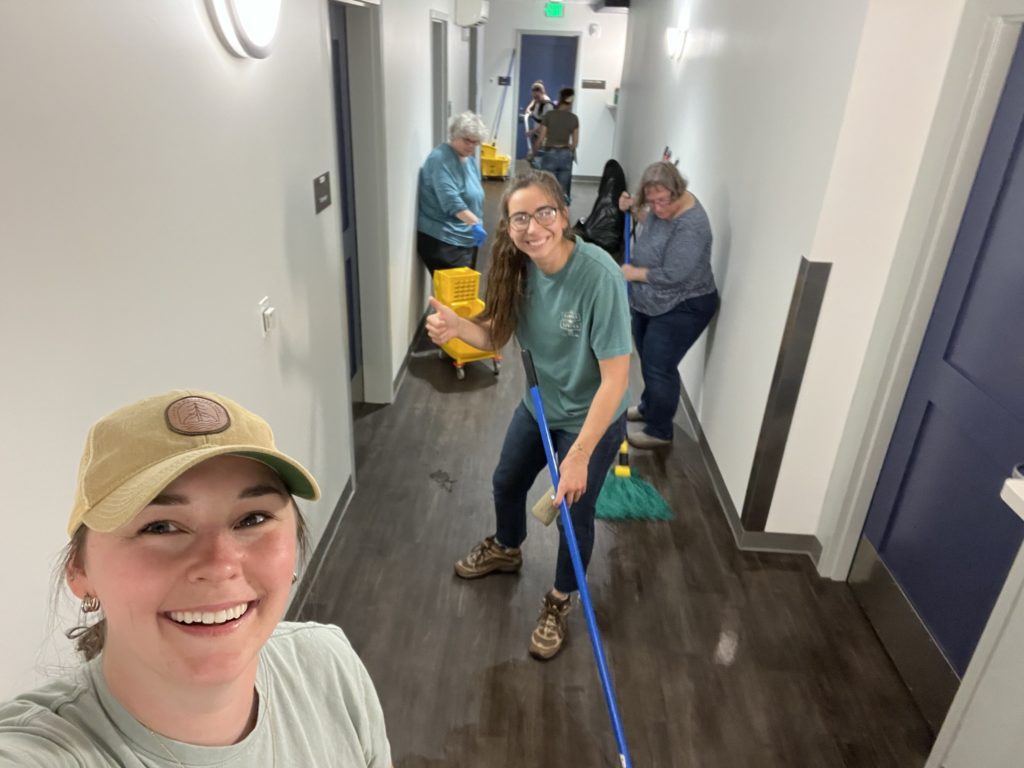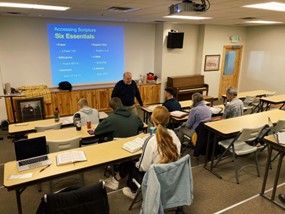Prevailing Against the Gates

“Alderaan? I’m not going to Alderaan. I’ve got to get home. It’s late. I’m in for it as it is.”
Name that movie. Name that scene. Anyone with even a passing interest in the Star Wars franchise knows this one. It’s a pivotal moment. Obi Wan asks Luke to come along, inviting him on a journey. It’s the beginning of Luke’s heroic journey; it’s a term penned by Professor Joseph Campbell who traced such stories through history, all of which followed a certain pattern and all leading to a central task: prevailing against darkness.
George Lucas conferred with Campbell while writing the first three movies of the series. Maybe that’s why most aficionados consider them the best of the nine. I find it ironic that when I first saw that movie, I looked like the kid being given a light saber. Now I’m the white-haired old guy saying, “Hey, come along this way…” and for what it’s worth Luke’s first response is basically, “No thanks old man, I’ve got to get home and work on some evaporators.” In short order Luke experiences the loss of his aunt and uncle, crosses the threshold of Yes and with Obi Wan goes down into the valley of the spaceport. Lucas knew what he was about. The imagery was subtle, but followed the ancient pattern, down into the valley of the shadow of death with an outcome unknown.
At our August board meeting of Lutheran CORE, our executive director Dennis Nelson led us through a bible study on the trip to Caesarea Philippi and the question, “Who do people say the son of man is?” Dennis offered a quick survey of Simon’s response, a look at the meaning of being given the keys and what that might entail, and then an insight into the gates, the gates that will not prevail against the rock. Then Jesus gave Simon his new identity, role, and assurance, “And I tell you, you are Peter, and on this rock I will build my church, and the gates of Hades will not prevail against it.”
The thing is that gates don’t take territory. They don’t advance against an intruder. They attempt to hold back an incursion. Their role is to block that which is outside, like an opening in any good boundary regulates what can come in and what will go out. Why can’t these gates prevail? I sat there and soaked in that insight. Of the many times I had explored that text, I asked who is Jesus in a pagan culture, what does it mean to be given the authority and therefore the power of the keys to bring life and the promise of forgiveness and eternal life? What did it mean that Peter had a sufficiently robust relationship that he could endure the challenge of being compared to Satan and standing behind? And as our walk with Jesus becomes more personal, what does it mean that we find ourselves more open to being challenged in our brokenness and sin (sin that the Gospel may release)? And then Dennis brought up the idea of prevailing against the gates. That invigorated a lively conversation around the table.
What does it take to prevail against those gates, not merely hunker down and survive, but prevail? Not in a militaristic sense, but certainly with a recognition that the church was founded to be movemental, to advance into new territory, to train and equip those who would bring the Gospel from Jerusalem, to Judea, to Samaria and all the ends of the earth. How are we doing with that in our own contexts? Were any of us trained to lead a movement? Are we prevailing? Most of us were taught to preach, teach, bring comfort to the homebound and hospitalized, baptize the children, marry the silly romantics, bury the loved ones of the grieving.
What if prevailing is more than that? In these times that often feel like we are traversing down into the valley of the shadow, what tools did we miss in seminary that we need for the journey? If you can find a copy of the book In The Valley of the Shadow by Hanns Lilje, it’s worth a read. Lilje was a contemporary of Bonhoeffer—he survived his experience in the camps, later became a Bishop and wrote a catechism for adults.
Drawing from the disparate training of those on the Board, friends of CORE and others we will likely recruit, we are working on providing tasters on topics we didn’t learn in seminary. During my brief stint as an assistant to the bishop in the ELCA’s Sierra Pacific Synod, I was called to manage first call theological education as part of a team for region 2. Since I like to be data driven when it comes to providing training and support, I got all our first call pastors together, asked how it was going, and what do they think they missed? I heard an earful. So many things. And that was twenty-five years ago.
Since then, we’ve experienced the sexuality wars, the worship wars, the decline of Christianity numerically in the US, Covid, rising racial tensions, massive rejection of the faith by a younger generation (half of GenZ claiming to be agnostic or atheist)[i], family brokenness splashing out onto all the mediating structures of society including the church. Etcetera. These tasters could be provided live on Zoom and recorded for later viewing. We could interact via a social media platform as we figure out how to use what we’re learning. Some of the topics being considered are:
- visionary leadership, the power of casting a vision and how to do so
- how to reach multiple cultures in our contexts including how to maintain core values amid an influx of new members
- how to be a church that can reach new people, a look at everything from Celtic models to multi-generational faith formation
- how to mobilize faith for mission and ministry within the congregation and in the mission field of their daily lives
- managing conflict and boundaries
- creating healthy staff teams
- creating leadership pipelines for disciples who know how to make disciples, for small groups and missional communities
- balancing personal life and strengthening the emotional side of pastoral life
- worship, preaching and leading transitions to discipling culture church
- developing a giving church and a church built on prayer
In the months ahead we will test a number of pilot offerings to see if we are on the right track. If any of these topics are interesting to you, please let us know. If there are other areas of stress send us a note about that also.
The gates of hell shall not prevail “for lo! his doom is sure; one little word shall fell him.” All of us in leadership in the church heard the call, crossed into the journey, and now find ourselves on paths unknown to destinations unchartered. May we do so while knowing that Jesus’ love is always supporting us, and his hand is guiding us.
[i] https://www.aei.org/articles/perspective-why-even-secular-people-should-worry-about-gen-zs-lack-of-faith/#:~:text=Pew%20Research%20repeatedly%20found%20that,boomers%20and%20the%20Silent%20Generation.

